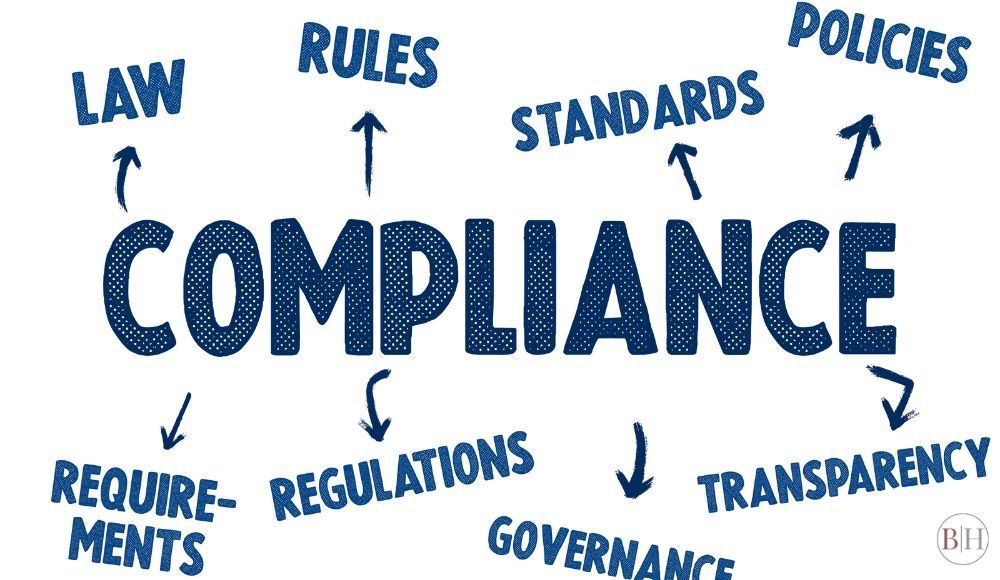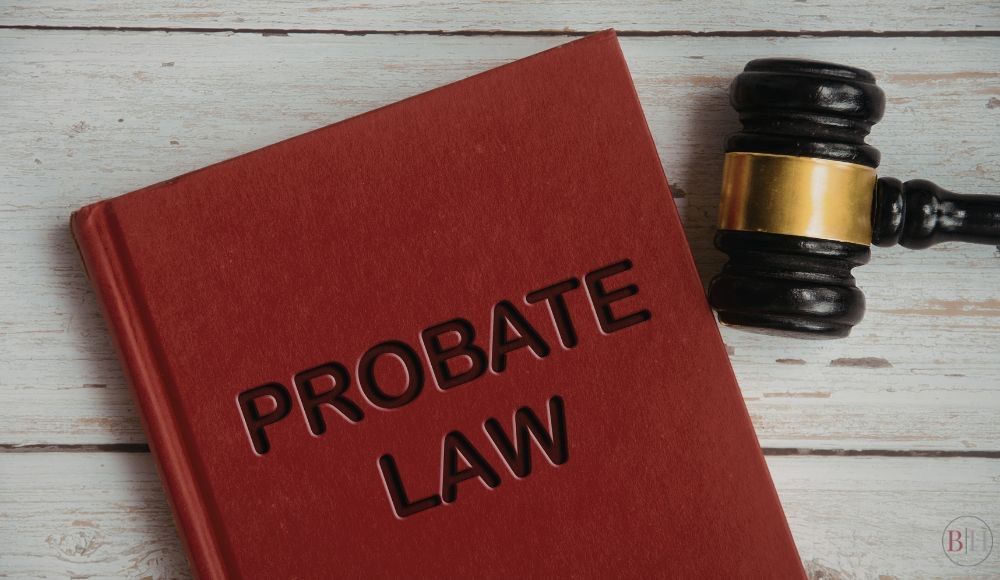Health Care Power of Attorney Explained

Creating a Health Care Power of Attorney ensures that your medical preferences and decisions are honored when you cannot communicate them yourself. This legal document allows you to designate a trusted individual, an agent, to make healthcare decisions on your behalf. Selecting someone who understands your values and healthcare wishes is crucial. When drafting a Health Care Power of Attorney, adhering to specific legal requirements to ensure the document is valid and enforceable is essential.
Making Health Care Decisions
Serving as an agent is vital and requires decision making that aligns with the principal's wishes. The principal is the person that grants the healthcare power of attorney to an agent. The agent’s role is especially important when the principal cannot communicate due to illness or incapacity. Acting as an agent ensures the principal receives care that reflects their preferences, whether life-sustaining treatments or palliative care.
It involves understanding their healthcare goals, discussing potential medical interventions, and making informed choices in collaboration with medical professionals. The agent helps alleviate stress for family members by providing clear directions based on pre-established wishes, thereby minimizing conflicts during challenging times.
This responsibility demands trust, empathy, and communication to honor the principal's autonomy and maintain their dignity throughout their medical care journey.
Designating an Agent
A few essential steps are involved in designating a healthcare agent:
- Understanding the Role:
Before you designate an agent, they should comprehend the weight of their responsibilities. These include making critical healthcare decisions on your behalf if you're incapacitated.
- Select the Right Person:
Choose someone you trust who understands your values and wishes and can make tough decisions under pressure. This person should be willing to advocate on your behalf and communicate effectively with your healthcare providers and family members.
- Discuss Your Wishes: It is crucial to have a comprehensive discussion with your chosen agent about your medical preferences, treatment objectives, and any specific wishes regarding your care.
- Prepare the Legal Document: Draft a Health Care Power of Attorney document that complies with applicable law, ensuring clarity and precision. This document officially names your agent and outlines their authority.
Legal Requirements and Implications
Remember, a Healthcare Power of Attorney requires adherence to specific regulations. Typically, it must identify the principal (you) and the designated agent and outline the scope of decision-making authority granted to that agent.
Legal requirements often include signing the document in the presence of witnesses or a notary public. This document has significant implications, granting the agent authority to make critical healthcare decisions on your behalf under legally binding terms.
This step ensures that your medical preferences are respected, but it also entrusts the agent with the responsibility to act in your best interests, consistent with your stated wishes. Ensuring compliance with local laws is crucial to avoid future disputes or challenges.
Do You Need an Experienced Estate Planning Attorney?
Do not put off drafting your healthcare power of attorney. Now is the best time—while you can make those critical decisions—to protect your family and yourself. You need an estate planning lawyer who will provide effective estate planning and trust services. Choose the estate planning attorneys at Bingaman Hess to ensure your power of attorney is clearly written and leaves nothing open to interpretation.
Contact us today at 610.374.8377 or find us online.









